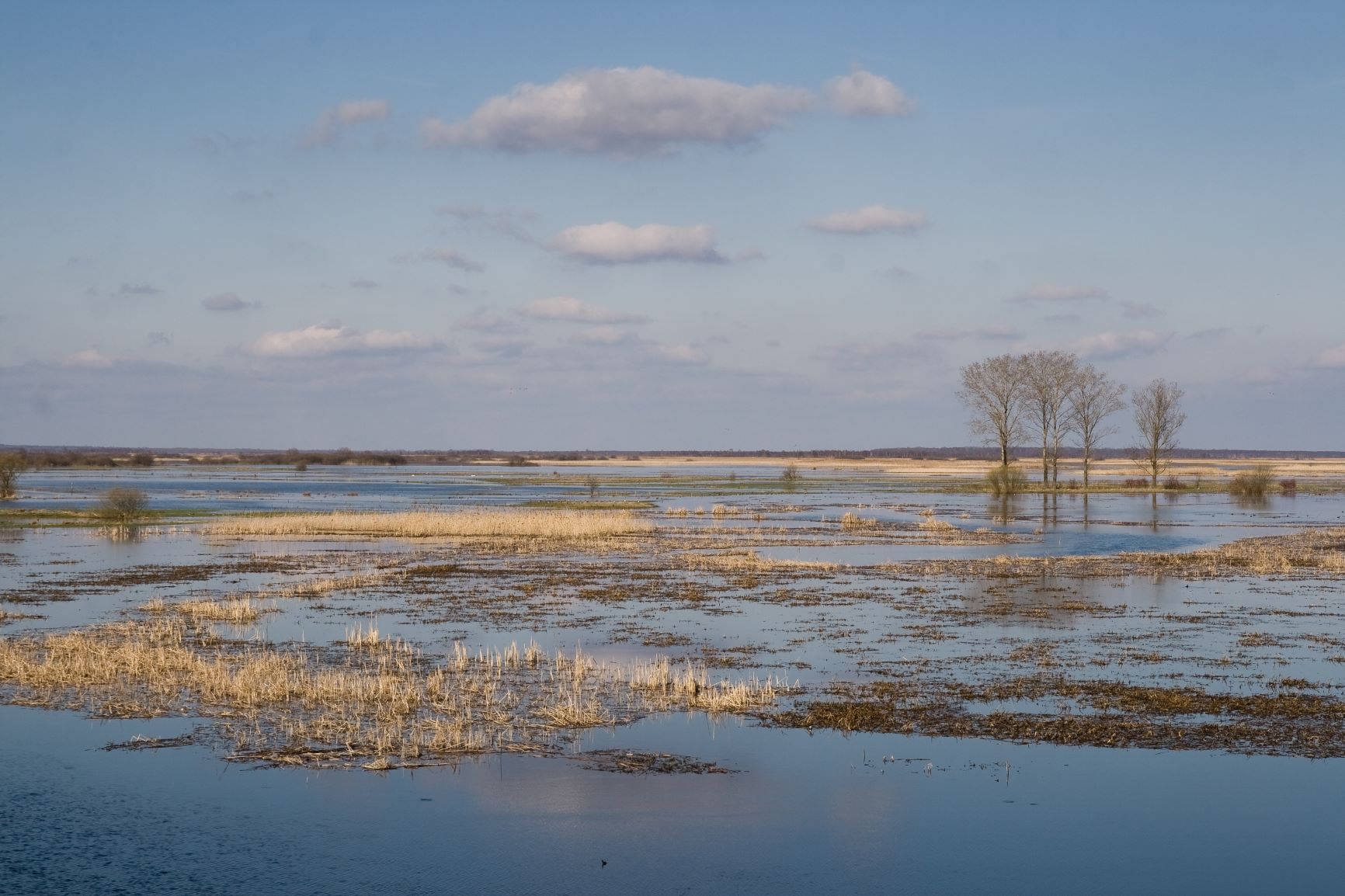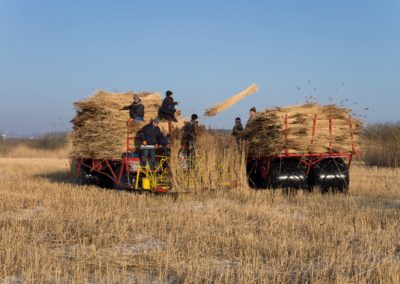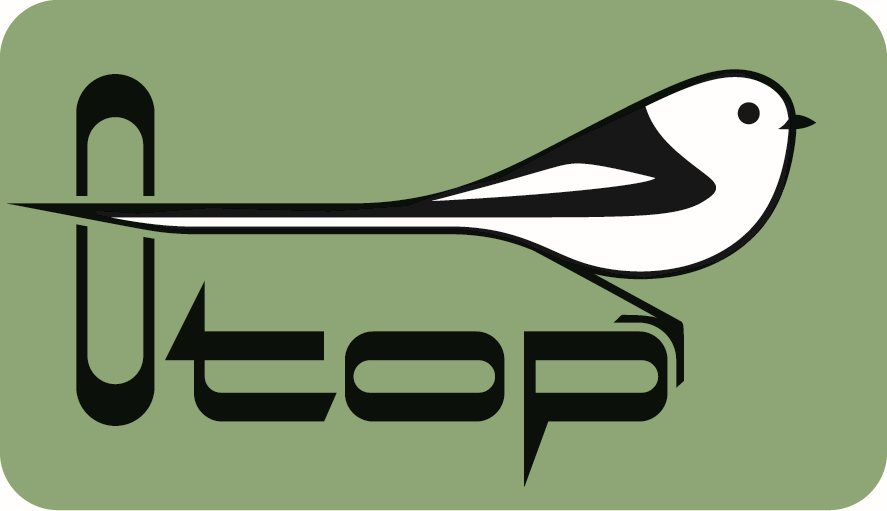DESIRE-PL

Healthy peatlands serve as kidneys in the landscape – they can filter nutrients coming from agriculture areas to the rivers, thus improving the quality of water we use. Many peatlands are nowadays degraded, what hampers their filtering functions. The project DESIRE aims to boost the quality of water in the Baltic Sea, by improving the state of the peatlands in the Neman catchment area. This will be done by restoration of some pilot sites, awareness raising and building institutional capacity. Besides nutrient retention, the recovering of wetlands will have many other environmental benefits, like biodiversity conservation and reducing green-house gas emissions.
Project Goal:
The project focuses on numerous disturbed peatlands in the Neman catchment and will exemplarily restore some of them to act as wetland buffer zones (WBZ). The project will also build capacity in the region, for wider implementation of activities dealing with peatlands restoration within the region. In the long-term, improving the quality of peatlands will reduce further soil degradation, decrease uncontrolled water run-off, strongly reduce nutrient- and GHG emissions and benefit the biodiversity. Water quality in the Neman basin will benefit by reduction of nutrient loads from diffuse sources in the catchment area (mainly arable lands) and preventing peatlands to act as nutrient sources and internal-external eutrophication hot spots.
Activities:
The DESIRE-PL is a part of wider initiative (DESIRE, funded by Interreg BSR) which objective is to increase efficiency of peatlands management in the Neman catchment for reduced nutrient release to its waters and the Baltic Sea.
The DESIRE-PL is focusing on activities in the Polish part of the catchment. Within DESIRE, some pilot sites in 3 countries will be restored. The ability of rewetted peatlands to catch nutrients will be enhanced with innovative land use practices (paludiculture), i.e. harvesting of nutrient-rich biomass from rewetted peatlands (especially phosphorus). The few ongoing activities on paludiculture in the focal countries will be supplemented by activities on project pilot sites and optimised for nutrient retention. These will be further used for awareness raising and communication towards the target group of policy makers. Institutional capacity building will be carried out to scale up the approach across the catchment. Specific policy instruments like river basin management plans and agri-environmental schemes will be analysed and adapted or newly developed within the project to provide instruments and incentives for stakeholders to implement measures following the project’s pilot examples. Economic evaluation of the paludiculture implementation in the Neman river catchment area will showcase cost-effectiveness of the proposed ecosystem-based measures in comparison to other, more technical installations for nutrient filtering and retention.
Impressions:
Beneficiary
Polish Society for the Protection of Birds (OTOP)
Partners
- Michael Succow Foundation (DE)
- University of Greifswald (DE)
- Bialystok University of Technology (BUT)
- Warsaw University of Life Sciences – SGGW (PL)
- Vytautas Magnus University (LT)
- Lithuanian Fund for Nature (LT)
- Nature Park “Vishtynetsky”(RUS)
Project region
The Neman river catchment area (Polish part of the catchment)
Project duration
2019-01-01 – 2021-06-30
Budget
total project budget: €73,380.27
funding BaltCF: € 5,505.53


